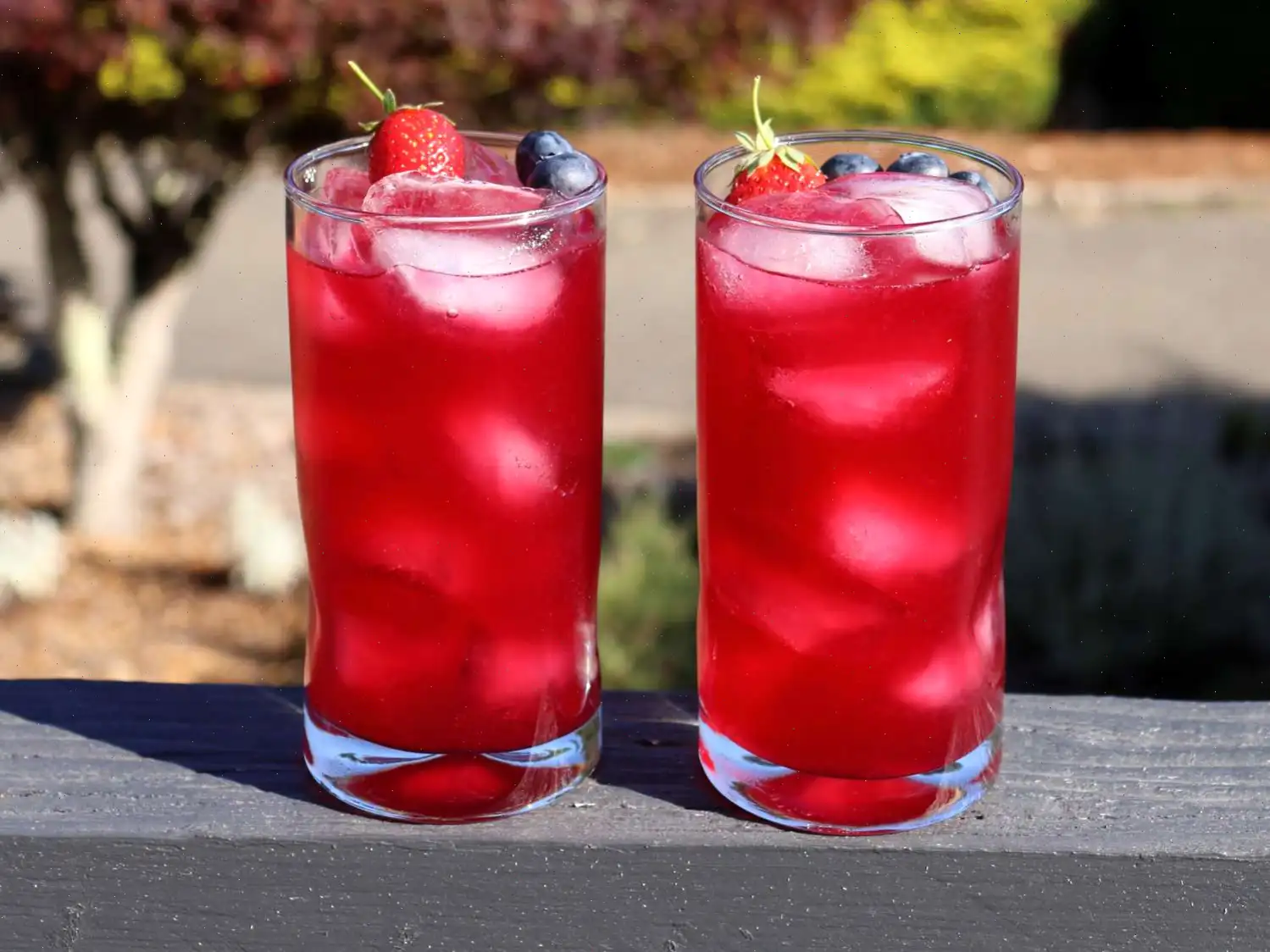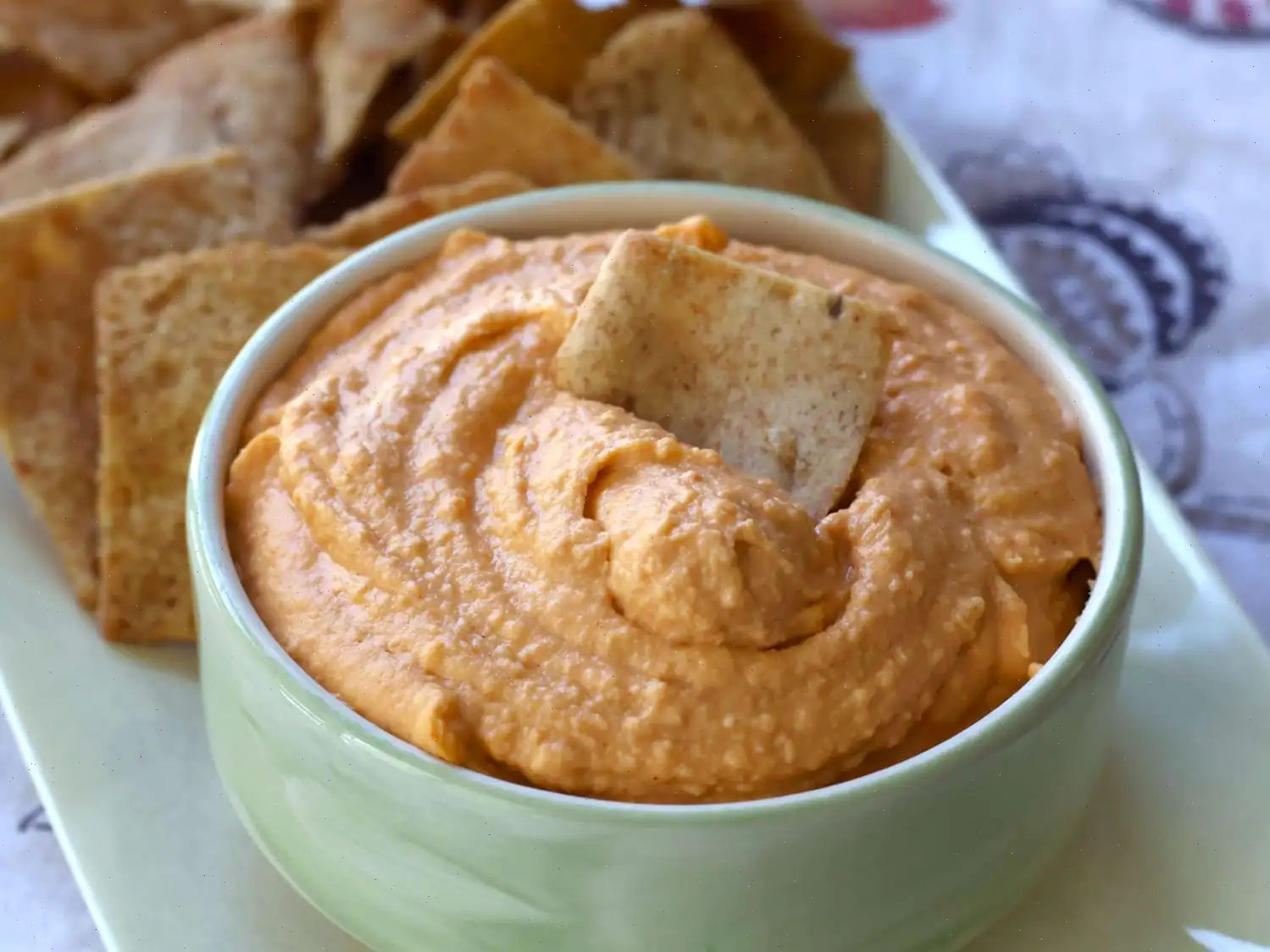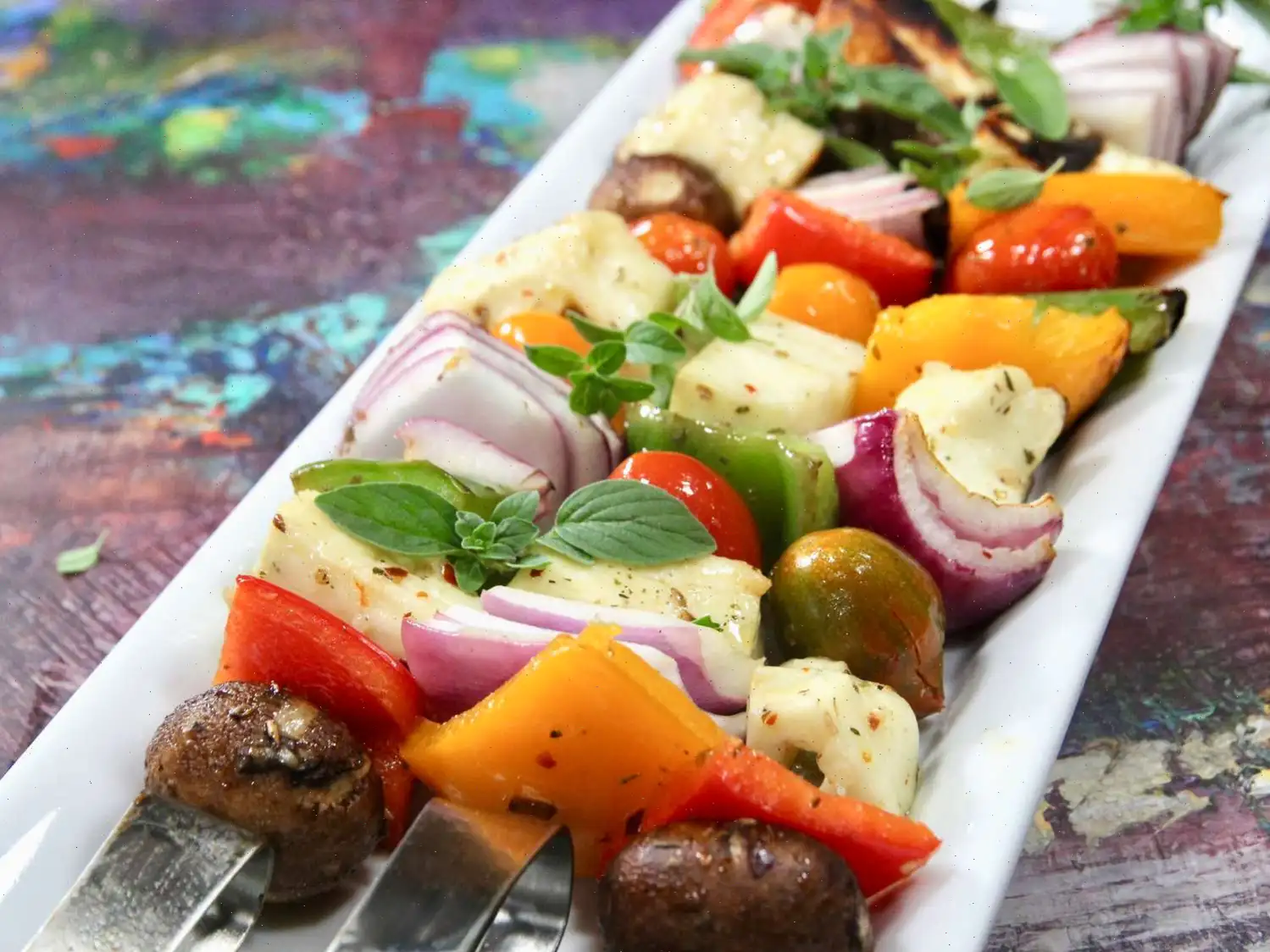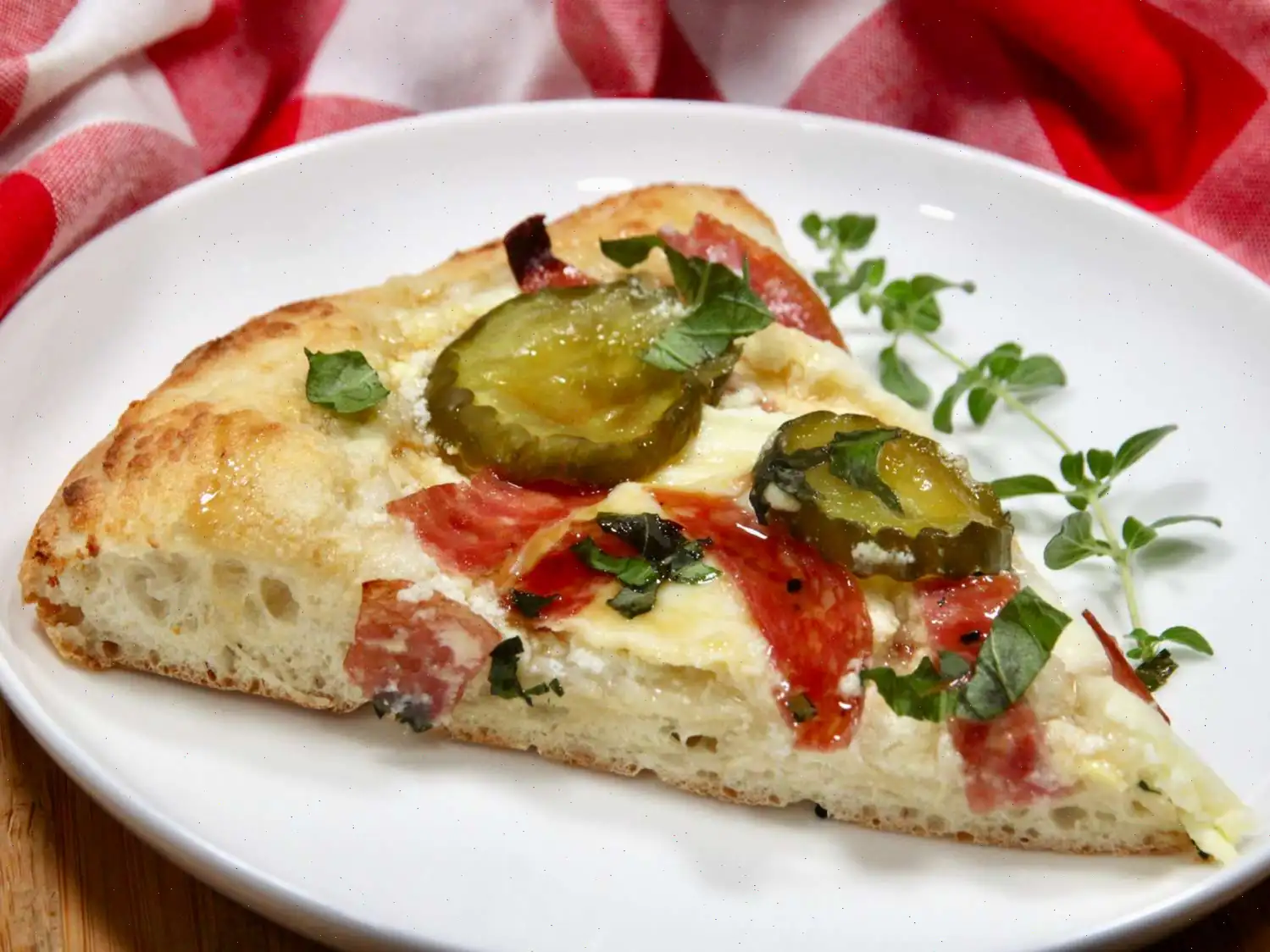
Receta de limonada roja, blanca y de arándanos
Esta refrescante limonada de frambuesa, arándanos y fresa es la bebida perfecta para un picnic o una parrillada en verano. La combinación de limonada ácida, arándanos dulces y fresas jugosas le da un toque patriótico a una bebida clásica. Sírvela con hielo para disfrutar de un trago fresco, colorido y que seguro impresionará a tus invitados.
Ingredientes
- 1 taza de fresas frescas, partidas a la mitad
- 1/2 taza de arndanos frescos
- 1 1/4 tazas de azcar granulada, dividida
- 6 limones, preferentemente orgnicos (aadir ms si se desea un sabor ctrico ms intenso)
- 5 tazas de agua
Instrucciones
- En un tazn grande, combina las fresas partidas, los arndanos y la mitad del azcar. Usa un machacador de papas para triturar suavemente las frutas hasta que los arndanos liberen su jugo y la mezcla se vuelva un poco pulposa.
- Pela la capa exterior amarilla de los limones utilizando un pelador de verduras. Evita la parte blanca, ya que puede ser amarga. Agrega la ralladura de limn a la mezcla de frutas y azcar.
- Incorpora el resto del azcar al tazn y revuelve bien hasta que se disuelva completamente. Cubre el tazn y djalo reposar en la encimera durante 2 a 6 horas para que los sabores se integren. Para una infusin ms intensa, puedes refrigerarlo toda la noche.
- En una cacerola mediana, lleva 5 tazas de agua a ebullicin. Una vez que est hirviendo, agrega la mezcla de frutas y azcar al agua caliente y retira inmediatamente del fuego. Deja reposar durante 5 minutos, revolviendo ocasionalmente.
- Pasa la mezcla a travs de un colador de malla fina colocado sobre un tazn resistente al calor. Usa una cuchara para presionar ligeramente los slidos y extraer el jugo. Deja que el lquido colado se enfre a temperatura ambiente, aproximadamente 20 minutos.
- Corta los limones rallados por la mitad y exprime su jugo en el tazn, usando un colador para evitar que caigan las semillas. Prueba la limonada y si deseas un sabor ms fuerte a limn, agrega ms jugo segn tu gusto.
- Vierte la limonada en una jarra y refrigrala durante aproximadamente 1 hora o hasta que est bien fra.
- Antes de servir, prueba nuevamente la limonada y ajusta el dulzor o el sabor a limn segn sea necesario. Sirve con hielo para un toque refrescante.
Consejos del Chef
- Es ideal utilizar limones orgnicos ya que no tienen cera ni pesticidas. Si utilizas limones convencionales, lvalos muy bien bajo agua caliente antes de rallar.
- Para esta receta, los limones comunes son preferibles a los limones Meyer, ya que los primeros ofrecen un sabor ms cido y equilibrado.
Informacin Nutricional (por porcin)
| Nutriente | Cantidad | % Valor Diario |
|---|---|---|
| Caloras | 371 | |
| Grasas Totales | 1g | 2% |
| Grasas Saturadas | 0g | 1% |
| Colesterol | 0mg | 0% |
| Sodio | 15mg | 1% |
| Carbohidratos Totales | 97g | 35% |
| Fibra Diettica | 9g | 34% |
| Azcares Totales | 74g | |
| Protenas | 4g | 8% |
| Vitamina C | 198mg | 220% |
| Calcio | 85mg | 7% |
| Hierro | 2mg | 10% |
| Potasio | 816mg | 17% |
La limonada roja, blanca y de arndanos es una versin moderna y festiva de la clsica limonada, famosa por sus colores patriticos y su sabor refrescante. Su base proviene de las primeras recetas de limonada que surgieron en Europa en el siglo XVII, cuando el jugo de limn mezclado con azcar se convirti en una bebida popular para combatir el calor.
Con el tiempo, en Estados Unidos se comenz a aadir fruta fresca como fresas y arndanos, especialmente durante celebraciones nacionales como el Da de la Independencia. Estas frutas no solo aportan dulzura natural, sino que tambin crean un efecto visual atractivo que recuerda los colores de la bandera. Hoy en da, esta bebida es un smbolo del verano y de los encuentros al aire libre.
Variaciones Regionales y Caractersticas
Aunque la limonada se disfruta en todo el pas, la versin roja, blanca y de arndanos es especialmente popular en regiones con ferias de verano y festivales, como el Medio Oeste y el Sur de Estados Unidos. All se prefieren fresas y arndanos locales por su frescura y sabor intenso.
Algunas adaptaciones incluyen agua con gas para darle un toque burbujeante o azcar de caa orgnica para realzar el sabor natural de la fruta. En zonas costeras, es comn aadir un poco de menta o albahaca, creando una versin ligeramente herbal y an ms refrescante.
Diferencias con Bebidas Similares
A diferencia de la limonada tradicional, que solo lleva limn, agua y azcar, esta receta incorpora fresas y arndanos, creando capas de sabor y un atractivo contraste de colores. En comparacin con ponches de frutas o aguas infusionadas, esta bebida destaca por el equilibrio entre la acidez del limn y la dulzura jugosa de las bayas.
Adems, conserva la textura natural de la fruta triturada, sin recurrir a saborizantes artificiales, lo que la hace ms fresca y autntica que muchas bebidas comerciales.
Contextos Comunes de Consumo
Esta limonada se sirve con frecuencia en barbacoas, picnics y celebraciones veraniegas, especialmente durante fechas patriticas. Tambin es habitual encontrarla en mercados locales, ferias gastronmicas y cafeteras al aire libre por su color llamativo y su capacidad para calmar la sed.
Suele presentarse en jarras de vidrio o frascos tipo mason con hielo, decorada con rodajas de limn o frutos enteros. Combina muy bien con platos a la parrilla, ensaladas ligeras y postres frescos.
Datos Curiosos e Interesantes
La limonada roja, blanca y de arndanos se ha convertido en un smbolo del verano en Estados Unidos. El efecto de capas de color no solo es decorativo, sino que tambin refleja el nivel de madurez y dulzura de las frutas utilizadas.
Puede prepararse con frutas congeladas sin perder sabor, lo que permite disfrutarla durante todo el ao. Algunas personas incluso aaden un chorrito de vino espumoso o rosado para crear una versin adulta y festiva. Adems, es rica en vitamina C y antioxidantes, lo que la convierte en una alternativa ms saludable a los refrescos azucarados.
Preguntas frecuentes sobre Receta de limonada roja, blanca y de arándanos
Compartir
Comentarios
Joyce Young
03/07/2024 08:00:07 AM
¡Maravillosa combinación de sabores! Opté por arándanos y fresas congeladas, y combinaron perfectamente. En lugar de agua, calenté ligeramente la mezcla de bayas y ajusté el azúcar mientras estaba caliente. Después de mezclar las bayas con algo de jugo de limón, creé una porción individual incorporando de 60 a 90 ml de mezcla de limonada y una lata de agua con gas.
Maria Campbell
07/16/2024 03:30:59 AM
Hice esta receta dos veces y noté que el tamaño de los limones hace la diferencia (nota para mí para futuras preparaciones). La primera vez, usé limones más grandes y obtuve más jugo en comparación con la segunda. El plato salió más dulce, lo cual puede ser preferido por algunas personas. Es muy refrescante y la ralladura le da un sabor fuerte a limón.
Christopher Martinez
09/13/2022 05:30:17 PM
¡Me encantó! La próxima vez, experimentaré con frutas congeladas (descongeladas).
Dennis Campbell
06/25/2024 08:28:58 AM
El plato estaba increíblemente sabroso y a todos les gustó.
Brandon Rivera
12/31/2024 03:50:32 AM
¡Sabroso y lleno de sabor!







